2013.09.12 11:41
12 September
2013
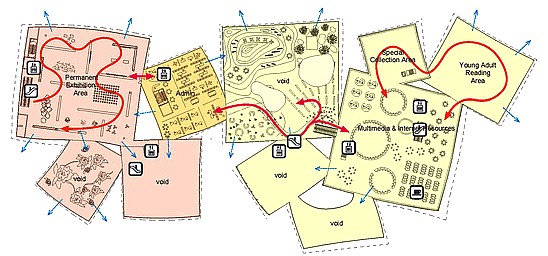
2008
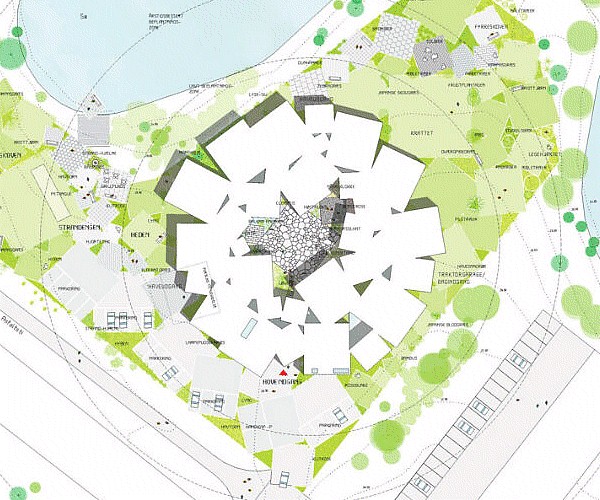
2006
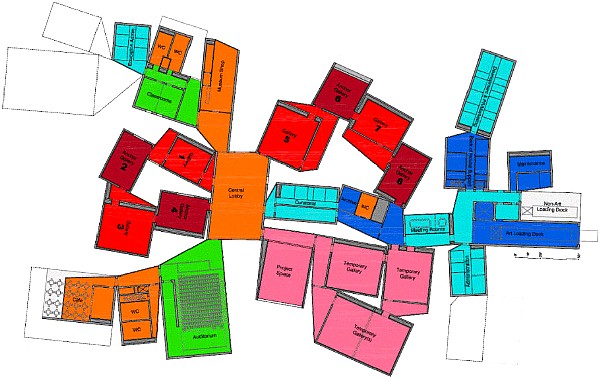
2001
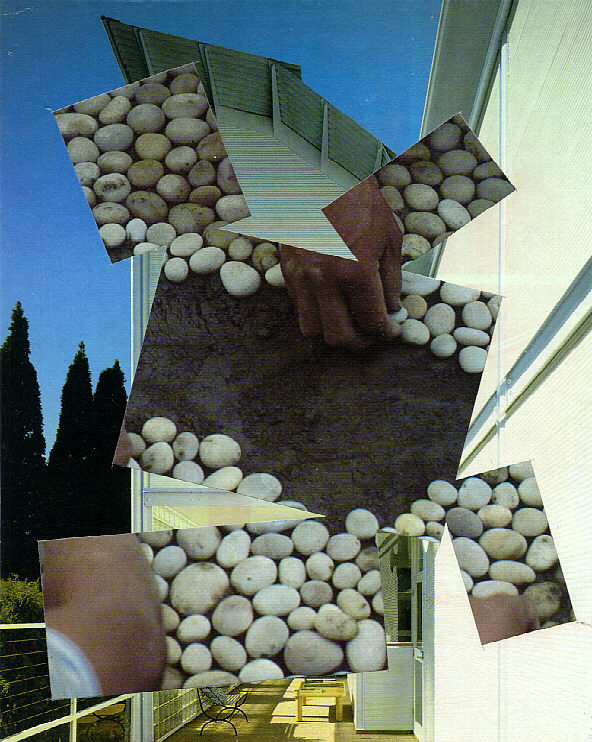
1994
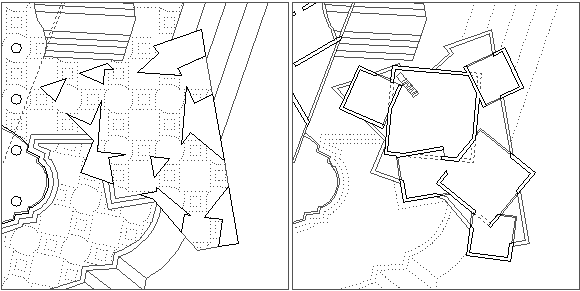
| |
2013.09.12 11:49
12 September
1965-68
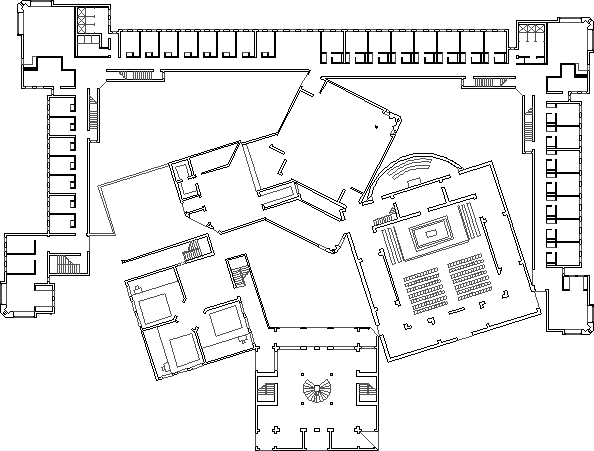
1960-67
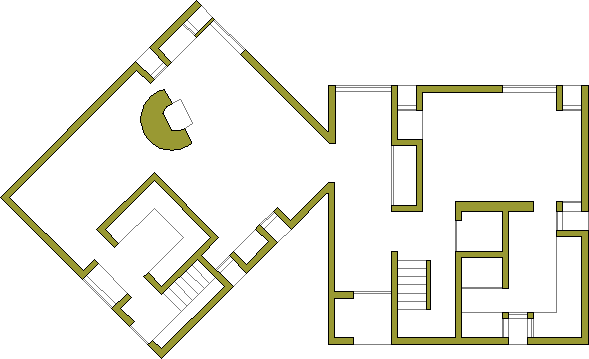
1957
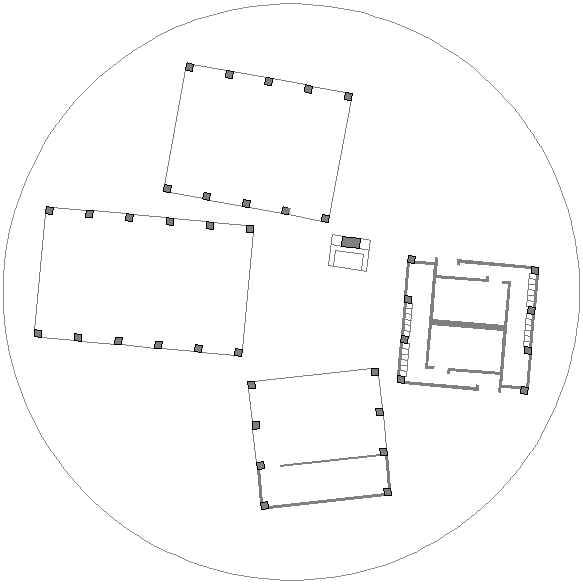
| |
2013.09.19 12:27
19 September
Borrowed some books (from the Free Library) about "novel writing." Read "The opposing missions of the various characters create the plot" this morning. Then thought, "Apposing missions of the various architectures creates the plot."
2013.09.21 11:52
21 September
And I still have to show the IQ superimposition of the Pantheon and Infringement Complex. More complicated appositions?
2013.10.03 12:51
12 September
"The contrasting movements, outwards and inward, are easier to detect because of the external structure, but in themselves they are formal rather than structural principles of order because they work upward from specific characters and events. In this loose sense, form is inductive, working from the particular to the general, while structure is deductive, starting with a generalization or a pattern and fitting details into it.
In practice, form and structure are not mutually exclusive. . . .By creating unstable and progressive oppositions, he [Waugh] establishes a pattern in which characters compliment, contradict, and qualify one another, and he creates a form in which the process of incorporating experience and reconciling then and now, there and here, is more important than any mere succession of events.
Of course novelists can impose structure only upon material that they have formulated or are in the process of formulating. Decisions about structure, form, development, style, character, plot, and point of view take place in rapid succession if not simultaneously; each choice precludes or influences a number of other choices; and no decision can be final until the whole structure is complete."
Robert Murray Davis
2013.10.06 11:35
6 October
Read earlier: "...locale and history have simultaneous real and fabled coordinates, anchored both in actuality and in the archetypes of innocence and experience, paradise gained and lost... ...the reader enters a fictive world with its own unique operating principles, in which past and future conjoin to form a continual present in which the extraordinary meet the commonplace to defamiliarize and release an aura of strangeness and wonder... ...traditional oppositions--realism and fantasy, fact and illusion, history and myth, reason and irrationality--coming together in a complex of significance."
|